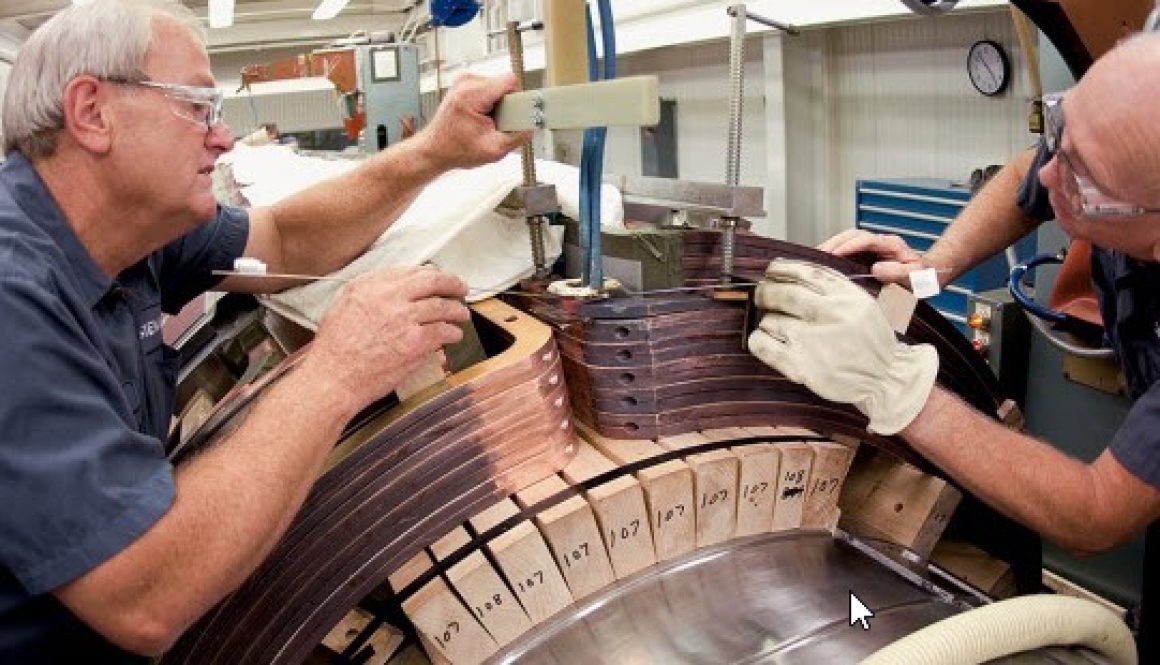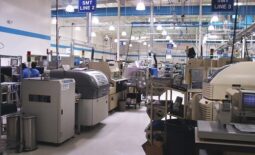US Skilled Labor Shortage is Affecting Manufacturing
Skilled Labor Shortage is affecting the ability of US Manufacturers to produce products at rates that are competitive both for the domestic and international markets. Unemployment is declining in the US. So, why then do employers commonly report hiring challenges for skilled labor and other roles? Why are so many college graduates working outside of their field of study or seeking full-time employment? Many believe there is a problem with US job growth: while some talk of the need to create more jobs, others are wondering if the US is capable of supplying the skilled labor to fill existing jobs.
Skilled Labor Shortage is The Problem
The US is reaching “full employment,” with record-high numbers of job postings. Yet those jobs remain unfilled for longer and longer and 17 million Americans are still looking for full-time employment. Recently, unemployment reached 4.7% in the US, a level many say is approaching “full employment” while the facts point there being a skilled labor shortage. There is a disconnect between the jobs that have been created and the labor pool available to fill those jobs. There is a severe shortage of skilled labor to fill vital roles in manufacturing and other available jobs.
- Demand for skilled labor is rising thanks to the wave of Baby Boomer retirements in recent and coming years.
- While academic institutions believe they are providing young people with training relevant to the jobs industry demands, employers overwhelmingly disagree.
- Many jobs in the US simply set the bar too high for what the US labor pool will yield. One such example is in the average job posting for an executive secretary, which requires a college degree. Yet only 19% of current executive secretaries have one, according to Joseph Fuller, a Harvard Business School professor.
US job growth has been a touchstone for many politicians and government leaders in recent years, and there is talk of renegotiating or scrapping international trade agreements in the interest of bringing back more manufacturing jobs to the US. But who will work these jobs when there is a skilled labor shortage? If American labor is adequately skilled and experienced for new jobs coming from overseas, why are current jobs in the states going unfilled for so long? Where are these skilled laborers who will supposedly benefit from US job growth?
A Balanced Approach
To meet this problem, a balanced approach must be taken to the issue of US job growth. Policies advanced in the interest of growing jobs must first consider the available labor and how to advance relevant skills. Employers want highly experienced and trained labor, but the domestic market is under-providing. Politicians want to prevent executives from choosing to outsource or automate, yet they are simply not finding the level of skill and experience necessary for their jobs. US job growth should only be part of the discussion. Unemployment is not always the result of foreign competition or cooperation.
We are continuing to timely information to our readership on subjects of this nature. Feel free to visit http://tecma.com and click on our blog for additional articles on this subject.




